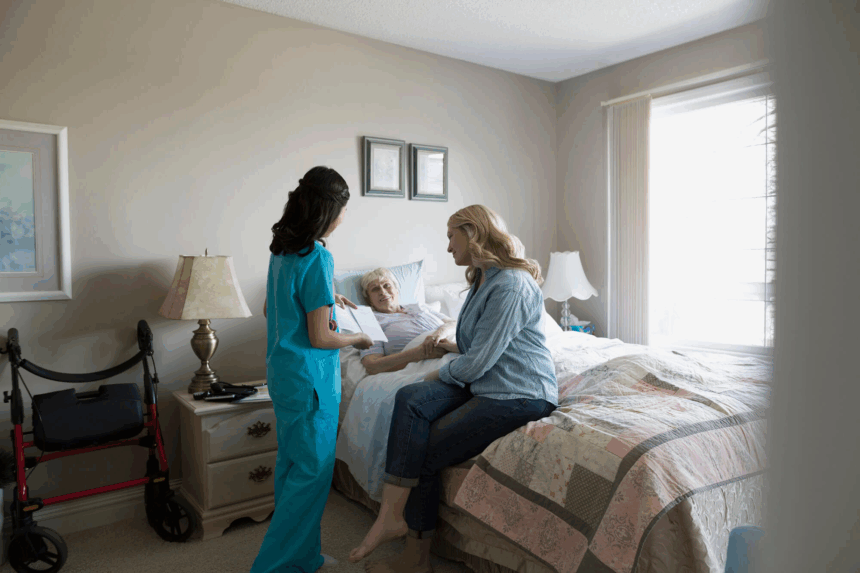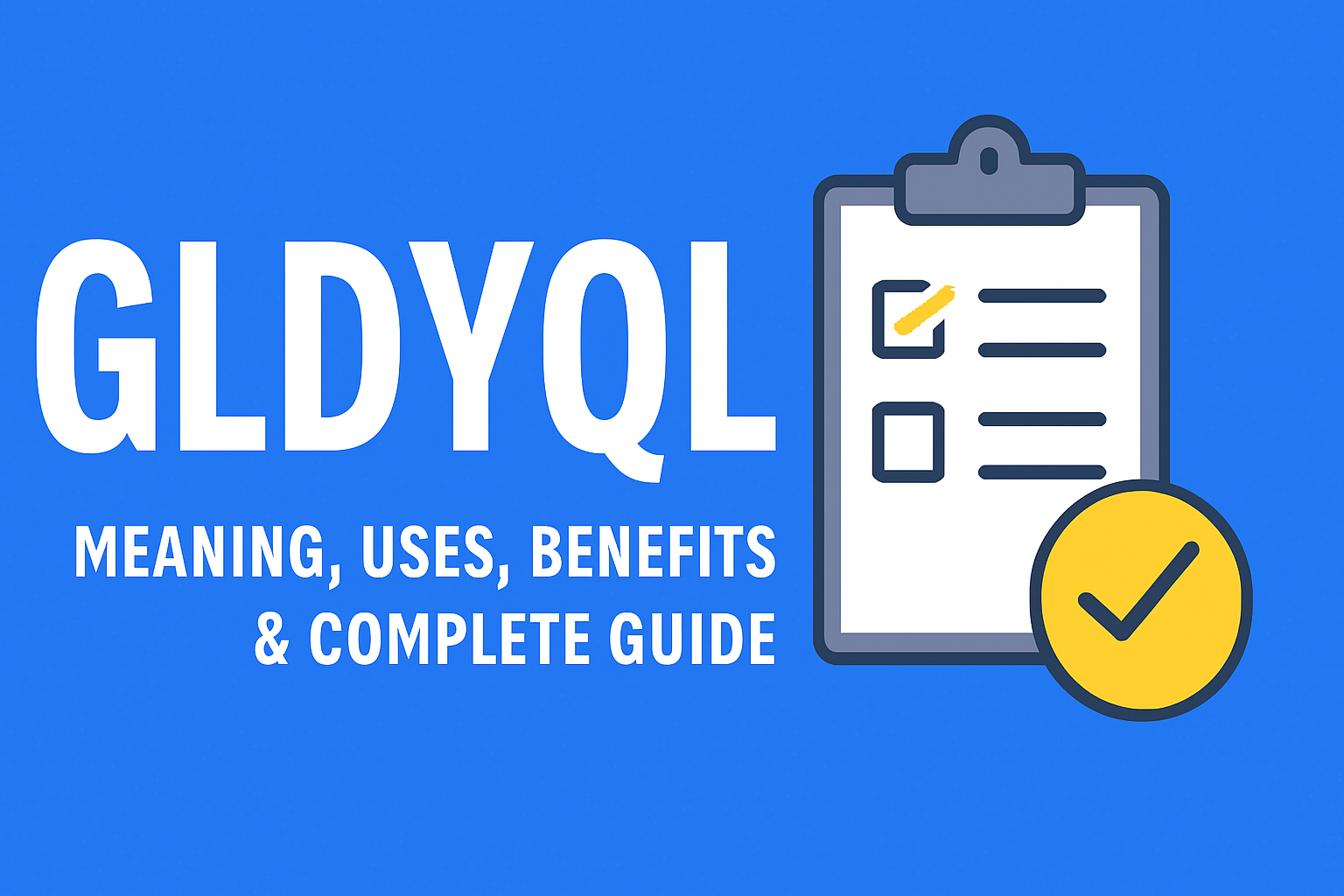Bringing a new baby into the world is a beautiful and life-changing experience. However, the postpartum period — the weeks following childbirth — can be both joyful and challenging for new mothers. Physical recovery, emotional adjustments, and caring for a newborn can become overwhelming, especially when combined with lack of rest. That’s where home caregivers play a crucial role. They provide compassionate support, ensuring that both mother and baby receive the care they need to thrive.
In this article, we’ll explore how home caregivers can support postpartum recovery, what responsibilities they carry, and why their presence can make a significant difference in the healing process.
Understanding Postpartum Recovery
Postpartum recovery refers to the period after childbirth when a mother’s body and mind begin to heal and adjust. This phase typically lasts six to eight weeks, but every woman’s experience is unique. During this time, new mothers may experience:
- Physical changes (fatigue, soreness, hormonal shifts)
- Emotional ups and downs (baby blues, anxiety, or depression)
- Challenges with breastfeeding or sleep deprivation
Because of these adjustments, professional home caregivers can offer vital support — physically, emotionally, and practically — to ensure the mother regains strength and confidence.
1. Physical Support for Postpartum Mothers
After childbirth, many women experience soreness, fatigue, and discomfort. A home caregiver can assist with daily physical needs and help promote healing.
Ways caregivers can help include:
- Assisting with mobility: Helping the mother move around safely, especially after a C-section or difficult delivery.
- Encouraging rest: Taking care of the baby for short periods so the mother can nap or relax.
- Meal preparation: Cooking nutritious meals that promote recovery and boost energy levels.
- Monitoring recovery: Keeping an eye on healing progress, checking for signs of infection or unusual pain, and notifying family or healthcare providers if needed.
- Personal care: Supporting with bathing, dressing, or light housekeeping to make daily life easier.
A well-rested and well-nourished mother heals faster, and the presence of a caregiver allows her to focus on bonding with her baby without additional stress.
2. Emotional and Mental Support
The postpartum phase can bring emotional turbulence. Hormonal changes, sleep deprivation, and new responsibilities can sometimes lead to anxiety or depression. A compassionate caregiver understands these challenges and provides emotional stability.
Caregivers can help by:
- Offering empathy and active listening: Sometimes, simply talking and feeling heard can ease emotional distress.
- Creating a calm environment: Ensuring the home is peaceful, organized, and positive can reduce anxiety.
- Recognizing signs of postpartum depression: If the mother shows ongoing sadness, mood swings, or withdrawal, caregivers can encourage seeking professional help early.
- Encouraging self-care: Helping mothers set aside a few minutes daily for personal relaxation, such as reading or meditation.
Emotional support is as important as physical healing, and home caregivers are often the first line of comfort during this sensitive period.
3. Supporting Infant Care
New mothers often feel uncertain about caring for their newborns — from feeding routines to diaper changes and sleep schedules. Experienced caregivers can help mothers learn and feel confident.
Examples of caregiver support include:
- Feeding assistance: Helping with breastfeeding positions or bottle preparation.
- Sleep routines: Creating a calm bedtime environment and ensuring the baby’s sleep safety.
- Hygiene and diapering: Teaching proper baby care techniques to reduce the risk of rashes or infections.
- Monitoring baby’s health: Observing any unusual symptoms and guiding when to call a doctor.
This hands-on help reduces the mother’s stress and helps her develop trust in her parenting skills.
4. Household Management Assistance
After delivery, household tasks like cleaning, cooking, and laundry can quickly become overwhelming. A dedicated home caregiver ensures the home remains a comfortable and supportive environment.
Typical household help includes:
- Light cleaning of the mother’s room and baby’s nursery
- Grocery shopping and preparing healthy meals
- Laundry and organizing baby items
- Running small errands
By handling these tasks, caregivers free up time for the mother to rest, recover, and bond with her newborn.
5. Encouraging Healthy Habits
Postpartum recovery is not just about rest; it’s about developing routines that support long-term well-being. Caregivers can guide mothers in adopting healthy habits that strengthen both body and mind.
Healthy habits caregivers can promote:
- Eating a balanced diet rich in proteins, fruits, and vegetables
- Staying hydrated, especially for breastfeeding mothers
- Gentle physical activity or doctor-approved exercises
- Maintaining good sleep hygiene
- Encouraging positive affirmations and mental relaxation
These small steps lead to better recovery outcomes and improved emotional stability.
6. Educating and Guiding Family Members
Postpartum care is most effective when the entire family understands the mother’s needs. Caregivers can bridge communication between the new mother and her loved ones.
They can:
- Teach partners and family members how to assist effectively
- Explain the importance of rest and emotional support
- Promote shared responsibilities for newborn care
- Help set healthy boundaries for visitors
This approach creates a team effort around the mother, ensuring she feels supported from all sides.
7. Recognizing When to Seek Medical Help
A trained caregiver also plays a vital role in identifying red flags that require medical attention. Postpartum complications can occur unexpectedly, and timely intervention is key.
Caregivers should watch for:
- Persistent fever or severe pain
- Heavy bleeding beyond normal levels
- Signs of postpartum depression or anxiety
- Swelling, redness, or pain around incisions
- Difficulty breastfeeding or sudden changes in milk supply
By acting quickly and responsibly, caregivers help prevent complications and ensure a safe recovery journey.
8. Creating a Nurturing Environment
The postpartum period should be filled with love, patience, and understanding. A caregiver’s presence can transform a home into a nurturing space where both mother and baby thrive.
Some caregivers bring small but meaningful touches — like preparing herbal teas, setting up soothing music, or helping create a baby journal — to make the experience special and less stressful.
Their goal isn’t just to help with tasks but to provide emotional warmth, reassurance, and gentle encouragement every step of the way.
Conclusion
Postpartum recovery is a delicate and deeply personal journey. Every mother deserves compassionate support during this time of change and healing. Home caregivers play a vital role in ensuring that the mother’s physical, emotional, and mental needs are met with care and understanding. From helping with daily chores and newborn care to offering emotional comfort, their contribution makes recovery smoother, safer, and more joyful.
If you or a loved one is going through postpartum recovery, consider the comfort and peace of mind that professional home caregiving can bring. With the right support, mothers can focus on what matters most — bonding with their new baby and embracing motherhood confidently.
FAQs About How Home Caregivers Can Support Postpartum Recovery
1. How long does postpartum recovery usually take?
Most women begin to feel better after about six to eight weeks, but full recovery can take longer, especially after a C-section. Each woman’s body heals at its own pace.
2. Can home caregivers assist with breastfeeding?
Yes. Many caregivers are trained to help mothers find comfortable feeding positions, maintain hygiene, and support consistent feeding schedules.
3. What if a new mother experiences postpartum depression?
Caregivers can recognize early signs and encourage the mother to seek professional help. They also provide emotional reassurance and help reduce daily stress.
4. Are home caregivers only for mothers who had complications?
No. Even mothers with normal deliveries can benefit from caregiving support for rest, recovery, and help adjusting to newborn care.
5. How do I choose the right home caregiver for postpartum support?
Look for caregivers with experience in maternal and infant care, good communication skills, empathy, and references from trusted sources.






